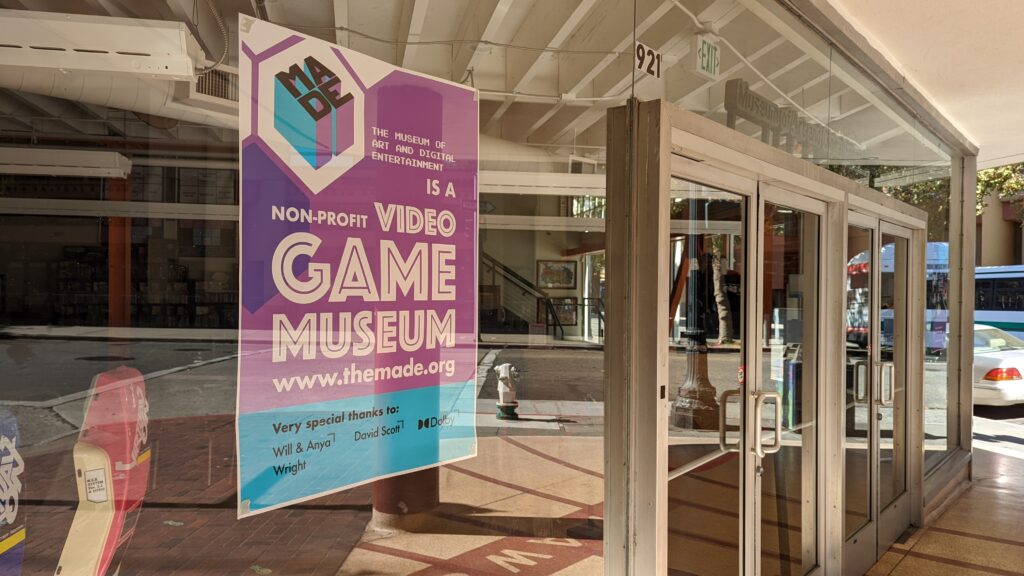Recap and updates
Finn and John have been learning Unity and C#. John has made a lot of progress with online tutorials and the book, but Finn has been a bit busy with professional networking.
John has been developing an intuition of how different things interact in C#, such as the relationship between variables and structs. He’s also been playing around with two functions that always come built into a new Unity C# script:
- Start() — This function executes once every time you open the level. If you only want something to happen once, this is where it goes.
- Update() — This one runs with every new frame. Generally, you put things here that you want to happen all the time, but John thinks there are best practices for what and how much you can put in Update().
John’s also been learning about coroutines and IEnumerators. IEnumerators are a kind of interface — John is still learning what that means in the context of Unity.
Projects
John has been building a top-down game where you play as a sphere that is trying to avoid other spheres that are drawn to you.
He’s been learning techniques for “sloppy follow:” the enemy spheres will eventually catch you, but they don’t come directly at you. The trick is that the game spawns invisible non-enemy actions that always follow your pawn. The enemies aim for those invisible pawns, causing them to chase you indirectly.
We discuss how nice it is to use a modern code editor or IDE like VS Code.
- John was studying SmoothDamp(). When he typed
SmoothDamp(in VS Code, it automatically suggested what parameters the function takes. - Finn loves that VS Code will keep track of the type of a variable. He’s written code thinking that a a variable is a certain type, but then realized that it wasn’t when VS Code wouldn’t autocomplete the members that he was expecting.
- Finn also likes that you can rename a variable in all locations by right-clicking on it anywhere in VS Code.
Talking about editors leads to discussing Copilot. It’s a new product by GitHub, which is owned by Microsoft. That then leads to a meandering conversation about how new tech, even if it’s controversial or even damaging, will become unavoidable if people find it interesting.
Finn has been networking with people who work in game development. He found a game dev coworking group that meets up once a week at Oakland’s Museum of Art and Digital Entertainment (MADE), an amazing collection of retro games of all types.

What games we’re into right now
John has been playing Outer Worlds, a first-person RPG(ish) game that reminds him a lot of Firefly. He loves the character-driven story and the rich open world.
Finn has (re?)disovered Twine, which he refers to “Thread” (oops). It’s a tool for creating building text-based games. He’s curious about making games like the ones he remembers from his childhood, such as The Hitchhiker’s Guide to the Galaxy.
John isn’t sure that he is good at puzzle games, so Finn recommends Baba is You, a 2D puzzle game where you can change the rules of a level by moving words around the screen.
Listen on: Apple Podcasts | Spotify | More
